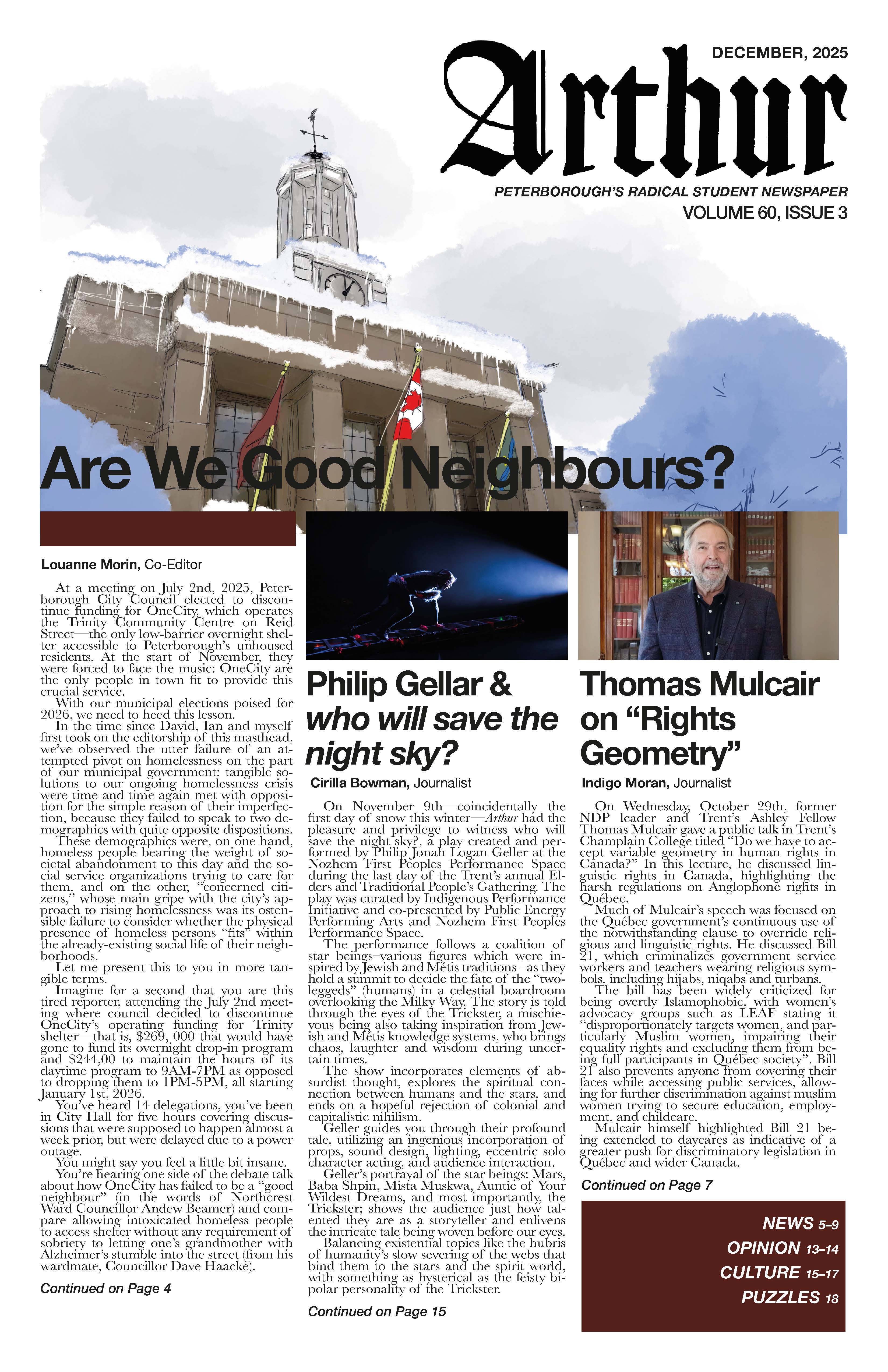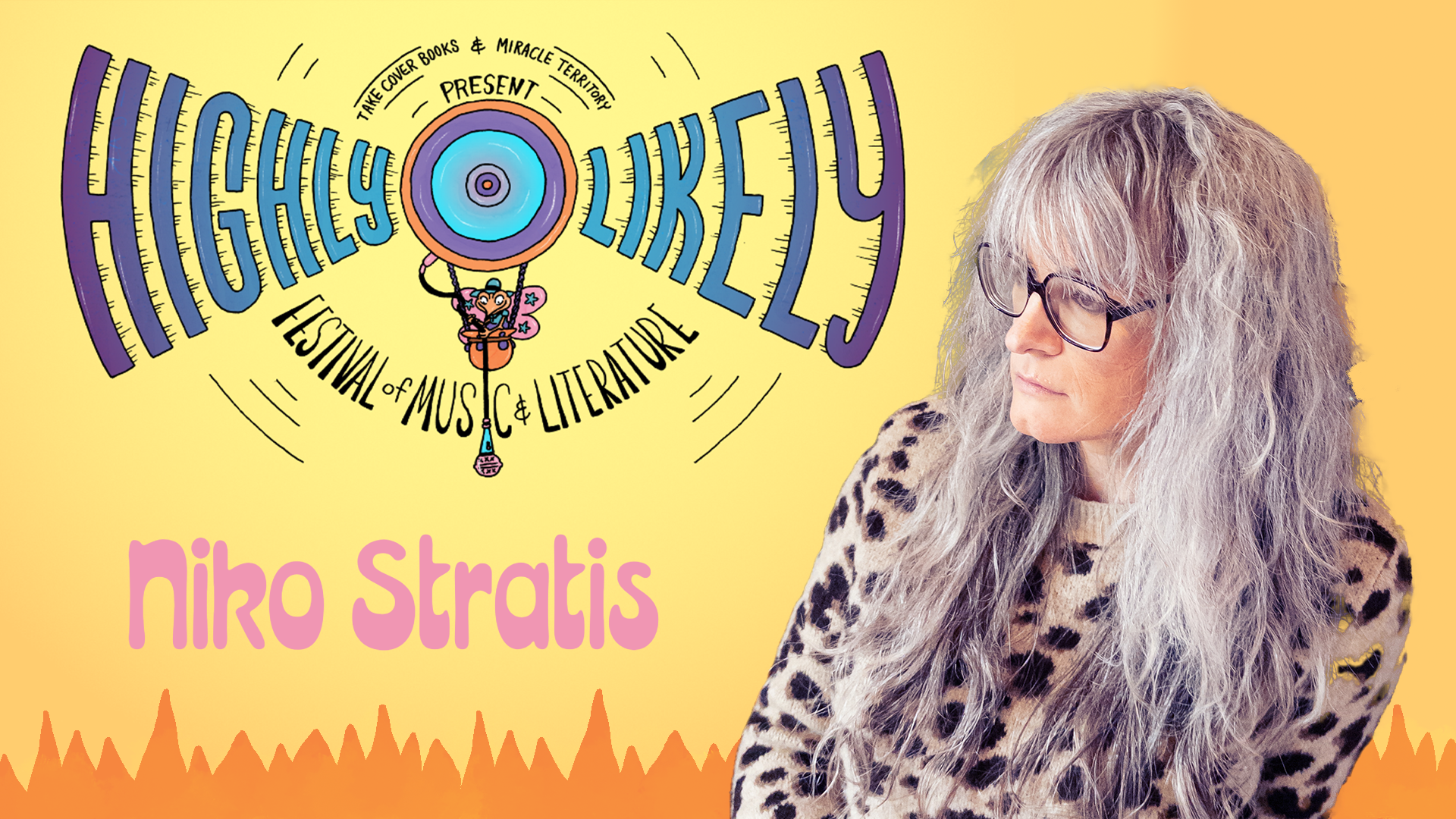My name is Ngọc. In Northern Vietnam, I was taught to pronounce it as [ŋawk͡p̚˧˨ʔ]. There is not any word in English that can be used to describe the Vietnamese pronunciation of my name. I have heard many different ways English speakers pronounce my name: Noh, Nock, Knock, Nox, and Noc. I want to use my name as an example of a foreign name you may mispronounce or do not know how to pronounce.
I was not offended by English speakers’ pronunciations of my name. I found them quite funny and cute. There are two reasons why I think being offended is not a good way to react. Firstly, my name has sounds that do not exist in the English language. For example, the “ng” in my name is a difficult sound for English speakers as it is pronounced as [ŋ]. William, a researcher in Toronto, explains this sound for English speakers on the website Vietnam Daily:
“The ng-sound is not an n-sound, nor a g-sound. In English, it occurs at the end of “-ing” words, like running, talking, and writing. It is also the ng in English.” As English speakers are unfamiliar with these sounds, it is understandable that they mispronounce them, or do not know how to pronounce my name in the Vietnamese way. Therefore, it is quite unreasonable for me to take offense. As English is my second language, I know how they feel when it comes to strange sounds in foreign names. There were some names in English that I mispronounced. One of them was “Zac.” I could not distinguish the j-sound and the z-sound in English, so I sometimes pronounced “Zac” as “Jack” and vice versa.
Secondly, I believe there is no right way to pronounce a name, because a name can have different pronunciations. As Northern Vietnamese and Southern Vietnamese have different dialects, a person from Southern Vietnam can pronounce my name a bit differently from how people I grew up among pronounce it. I have a friend named Zubaidah, and she is Bengali. She grew up in a strong Bengali community. She told me, “Brown people always pronounce my name as Juu-bai-da,” and her dad taught her to pronounce her name the same way when she was little. However, when she was older and went to a Canadian school, she broke that rule and started calling herself “Zoo-bay-duh” simply because she liked that pronunciation more. Zubaidah’s story changed my mind about the name-calling practice. I think the “right” pronunciation of your name is whatever you are satisfied with.
At Trent University, there are many international students who have foreign and traditional names like me. So, the main question is: What should English speakers do? There is some advice I have for you:
1) Simply ask them about what they prefer to be called. Most people would not mind explaining the pronunciations of their names over and over again to you because they understand it is difficult for English speakers. Do not be scared to ask several times. Asking means you care, and they would usually appreciate your effort to learn about them. Please do not choose the racist move to force an English name on them like “Can I call you Steve instead?”
2) Try your best to refer to a person by their name even when you think you are mispronouncing it. When I lived in the Trent Durham residence in my first year, everyone referred to me as “you.” It was horrible because I could never feel a sense of identity when people called me “you.” I met my best friend Angel in my second year, and she always called me “Nock.” Though the pronunciation was not anything close to the Vietnamese version, I still liked it and appreciated her for acknowledging my existence.
3) Please do not make them feel they are problematic or excluded because they have that name. You should not refer to their names with negative words such as “weird” or complain to other people about how difficult it is to pronounce their names. I hope my advice will help when you encounter the next person with a difficult-to-pronounce name. Please note that my opinions and advice are subjective to myself. Therefore, make sure to be mindful of other people’s feelings and thoughts before doing the practice of name-calling.





.png)



.jpeg)









.jpg)










.png)